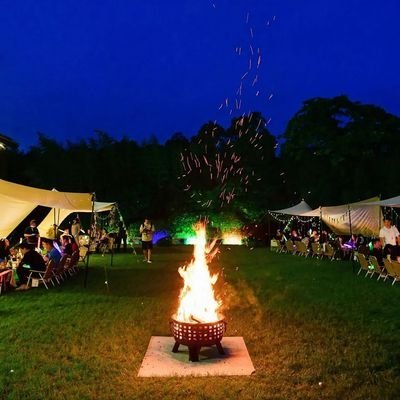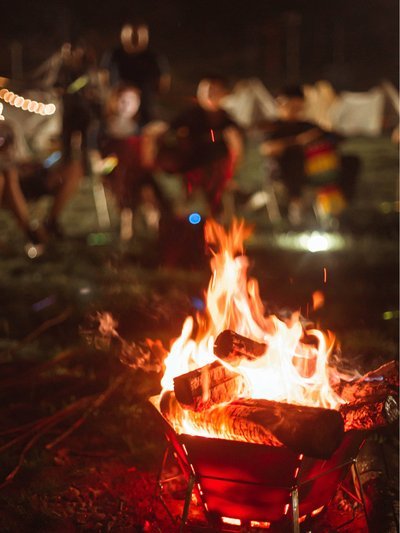Bonfires: Which ethnic custom comes from?
Release time:2024-08-28
 Bonfire, as an ancient and universal human activity, has its origin and spread across many cultures and peoples. However, when we talk about bonfires, we tend to associate them with a particular people or culture. So, which ethnic group is bonfire a custom? The answer to this question is not simple, because the origin and spread of bonfires involve many peoples and cultures
Bonfire, as an ancient and universal human activity, has its origin and spread across many cultures and peoples. However, when we talk about bonfires, we tend to associate them with a particular people or culture. So, which ethnic group is bonfire a custom? The answer to this question is not simple, because the origin and spread of bonfires involve many peoples and cultures
First, we need to figure out what a bonfire is. A bonfire is a flame created by burning wood or other combustibles, often used for cooking, heating, lighting, or religious ceremonies. The existence of bonfires dates back to prehistoric times, when humans needed to use fire to repel wild animals, cook food and provide light in order to survive and protect themselves. Therefore, campfires can be said to be one of the earliest inventions of mankind.
In many primitive societies, bonfires were an important part of daily life. The American Indians, for example, had a rich campfire culture. They used bonfires for cooking, heating and lighting, as well as for religious ceremonies and social activities. In these societies, bonfires are not only tools of life, but also symbols and spiritual sustenance of the community.
However, bonfires are not just a product of primitive societies. Bonfires also have an important place in many civilized societies. The ancient Greeks, for example, had a tradition of holding large bonfire parties, often held in festivals or celebrations, around which people danced, sang, told stories, and had a good time. In medieval Europe, bonfires were also often used to celebrate festivals and commemorate important events.

In China, bonfires also have their own unique cultural meaning. In ancient times, people often held sacrificial activities around the campfire to express their respect to the gods and pray for blessing. At the same time, the campfire is also an important place for people to meet, communicate and entertainment. In modern times, although the use of bonfires has been greatly reduced, among some ethnic minorities, such as the Yi and Tibetans, bonfires are still an important part of their life and culture.
In general, bonfires are not a custom of any particular nation, but a cultural phenomenon shared by all mankind. Whether it is primitive society or civilized society, whether it is Asia, Europe or the Americas, bonfires have their important status and significance. It is not only a tool of life, but also a symbol and spiritual sustenance of the community.
However, although bonfires are a common cultural phenomenon, the form and use of bonfires varies among different peoples and cultures. These differences reflect the uniqueness and diversity of various peoples and cultures, as well as human reverence and respect for fire.
For example, when the Indians of the Americas used bonfires, they would perform a series of rituals and prayers to thank the fire for the light and warmth it gave them. In ancient Greece, people danced, sang and told stories at bonfire parties to express their love of life and pursuit of beauty. In some ethnic groups in China, people will hold sacrificial activities around bonfires to show respect to the gods and pray for blessing.
These different bonfire cultures not only show the uniqueness of each nation and culture, but also reflect the common understanding and respect of human beings for fire. Regardless of nationality, regardless of culture, people regard bonfires as a divine force, a presence that can drive away darkness and bring light and warmth.
Therefore, when we talk about bonfires, we should not limit it to a particular people or culture. Instead, we should see the importance and value of bonfires as a cultural phenomenon shared by all humanity. Only in this way can we truly understand and respect the different bonfire cultures and truly appreciate the beauty and charm of bonfires.
Related News

